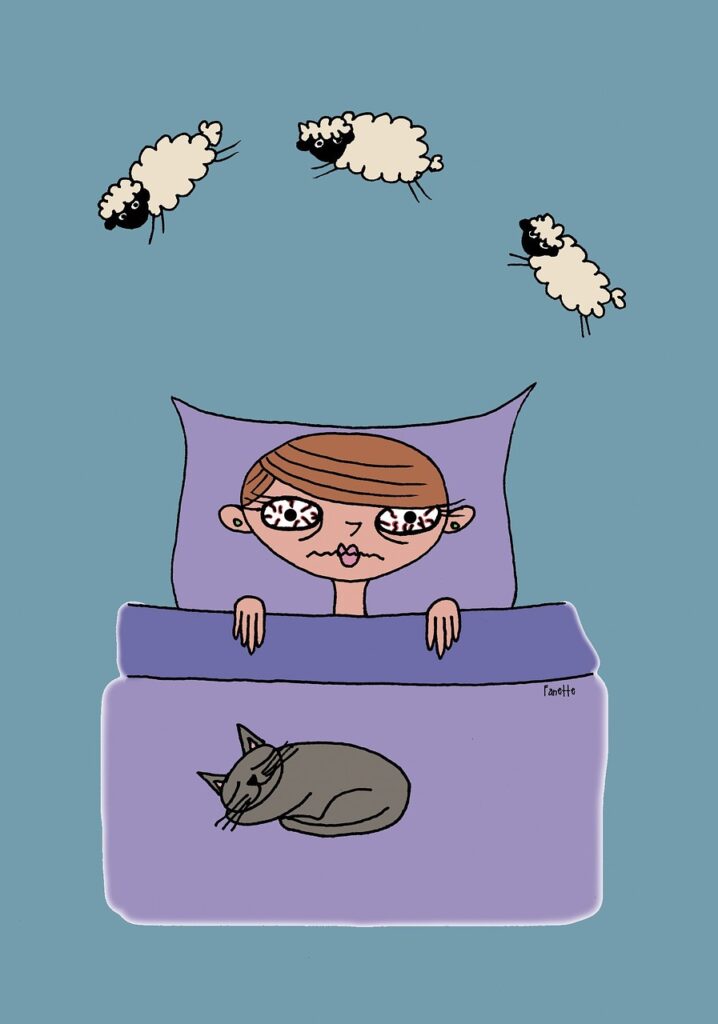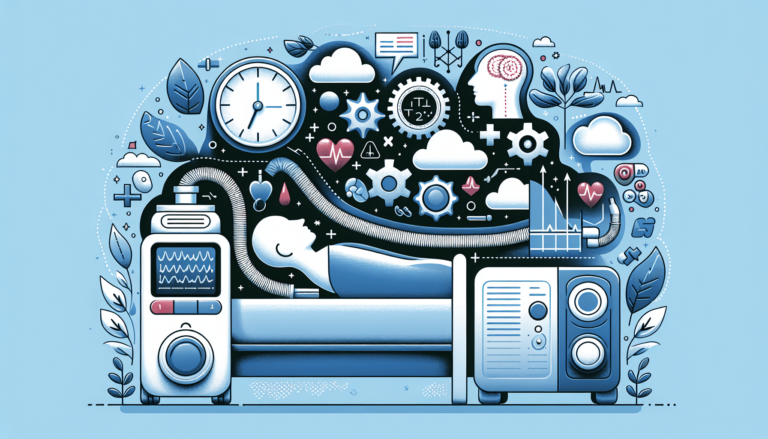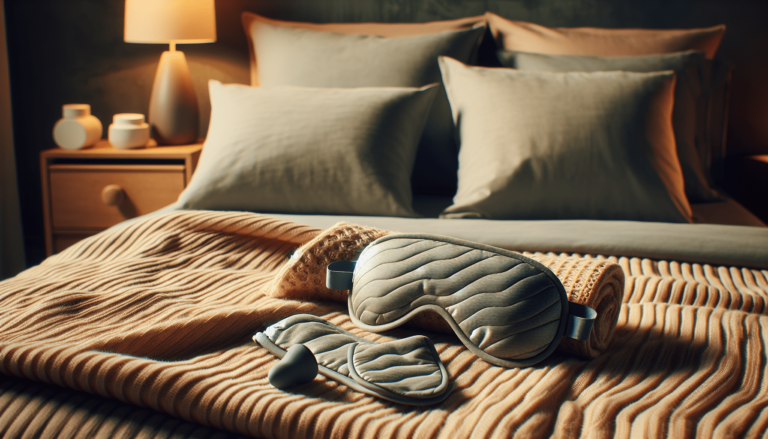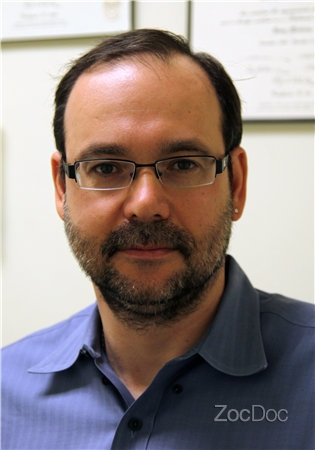Know about Sleep Disorders: Types, Causes and Health Impact
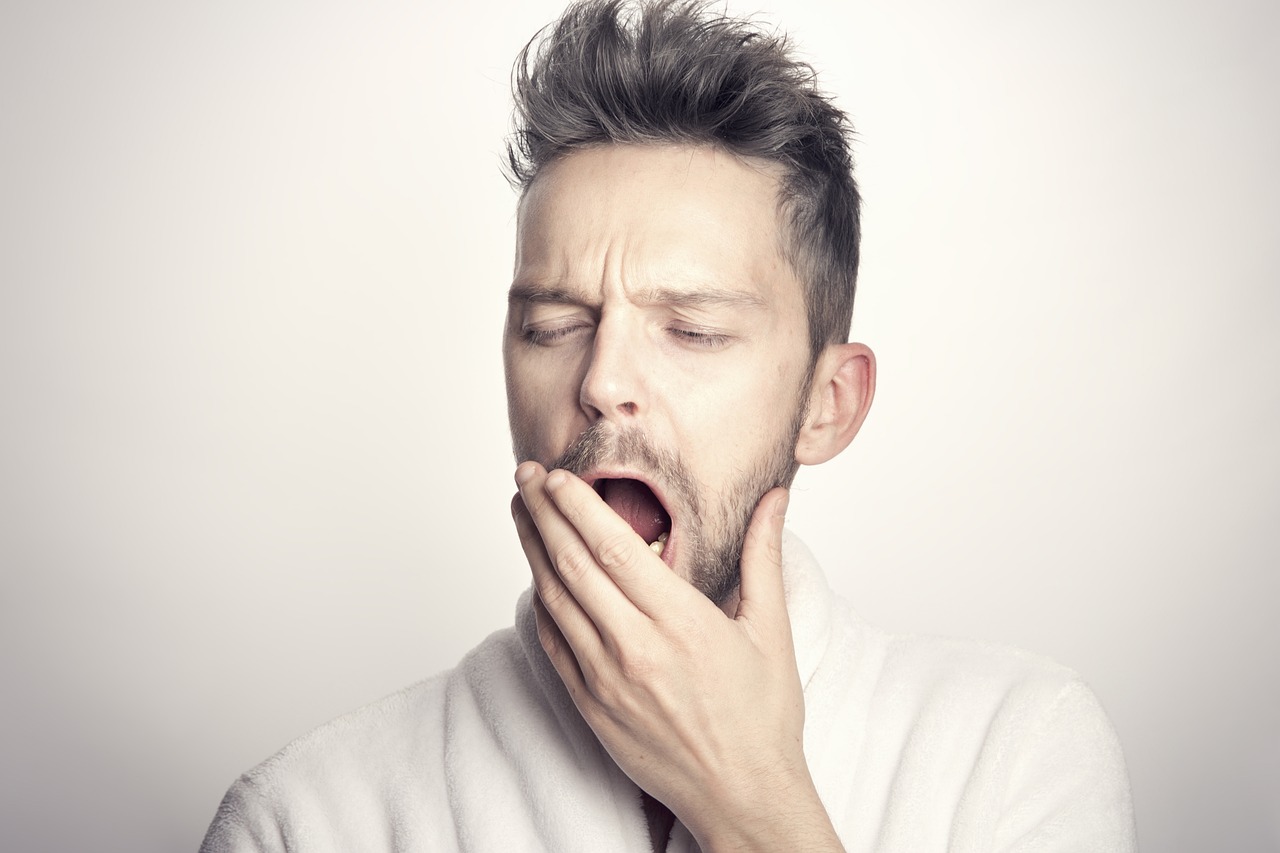
Navigating the world of sleep disorders can feel like a journey on a tumultuous sea, but there’s hope on the horizon with Vector Sleep Clinic, an oasis of knowledge and healing. Entrenched in a society where the hustle and bustle can erode the quality of your sleep, disorders such as insomnia, sleep apnea, and more not only snatch away your peace at night but also pave the way for a host of severe health issues. Yet, the burning question on your mind might be, “Do sleep disorders go away?” It’s a valid concern, considering their cascading impact on every facet of your life, from heart health to daily productivity. With a guiding light provided by the expertise and comprehensive care at Vector Sleep Clinic, you’re one step closer to embracing the magic of restful nights once again, where every dream signifies rejuvenation and not distress.
Understanding Sleep Disorders
Definition and types of sleep disorders
Sleep disorders prevent restful sleep, leading to fatigue and other symptoms. They can range from common disorders like insomnia and sleep apnea to more specific ones such as restless leg syndrome and narcolepsy. These conditions can severely impact your life, but understanding them is the first step towards better sleep hygiene.
Common causes of sleep disorders
Several factors contribute to sleep disorders, including stress, poor sleep habits, mental health disorders, physical illnesses, and certain medications. Environmental factors like noise and light can also play a significant role. Genetics may predispose you to certain conditions, like narcolepsy, indicating the complexity of causes behind sleep disorders.
Impact of sleep disorders on health and daily life
The effects of sleep disorders extend beyond just feeling tired. They can lead to serious health issues, such as heart attacks, strokes, and obesity. Beyond health, they affect your daily life, causing problems at work, in relationships, and can even increase the risk of accidents. Understanding these impacts highlights the importance of addressing sleep disorders promptly.
Prevalence of Sleep Disorders
Statistics on sleep disorders globally
Millions of people worldwide suffer from sleep disorders. It’s estimated that around 30-40% of adults experience symptoms of insomnia within any given year, with a smaller percentage suffering from chronic insomnia.
Demographics most affected by sleep disorders
Sleep disorders can affect anyone, but certain demographics might be more vulnerable. Older adults, shift workers, and those with chronic health conditions have higher rates of sleep disorders. Mental health also plays a crucial role, with conditions like depression and anxiety being closely linked to sleep problems.
Trends in the prevalence of sleep disorders over time
Over recent years, there has been an upward trend in the prevalence of sleep disorders. This increase is partly due to higher awareness and diagnosis rates, but also factors like increased screen time, stress, and other lifestyle changes that negatively affect sleep health.
Symptoms of Sleep Disorders
General symptoms shared by many sleep disorders
Common symptoms across many sleep disorders include difficulty falling or staying asleep, excessive daytime sleepiness, irregular breathing or snoring, and restless sleep. These symptoms often lead to fatigue, mood changes, and cognitive impairment.
Specific symptoms unique to particular disorders
Each sleep disorder also presents unique symptoms. For instance, sleep apnea is characterized by loud snoring and episodes of breathing cessation, while restless leg syndrome involves an irresistible urge to move the legs.
When to seek help for symptoms
If you frequently experience symptoms that disrupt your sleep or daily life, it’s crucial to seek professional help. Early intervention can prevent further complications and improve your quality of life dramatically.
Diagnosis of Sleep Disorders
The role of sleep studies and how they work
Sleep studies are fundamental in diagnosing sleep disorders. These overnight exams monitor your sleep stages, movements, breathing, and heart activity to pinpoint the disorder. Conducted in specialized sleep clinics, they offer invaluable insights into your sleep pattern.
Other diagnostic tests and procedures
Besides sleep studies, other tests like actigraphy (using a motion detector), sleep diaries, and specific assessments for conditions like narcolepsy may be involved in diagnosing a sleep disorder.
Interpreting results with a healthcare professional
A sleep specialist will interpret the results from these tests, taking into account your symptoms and medical history, to arrive at a diagnosis. Understanding these results with your healthcare professional is crucial to tailor the most effective treatment plan for you.
This image is property of pixabay.com.
Do Sleep Disorders Go Away on Their Own?
Short-term vs. long-term sleep disorders
Some sleep disorders, especially those triggered by temporary stressors or changes in schedule, may resolve on their own. However, long-term sleep disorders typically require intervention for improvement.
Cases where sleep disorders might improve without treatment
In situations where lifestyle factors significantly contribute to the disorder, changes in habits and environment can lead to improvements. Nonetheless, this is relatively rare for chronic conditions.
Importance of professional assessment
Seeking a professional assessment is critical to determine the nature of your sleep disorder and the best course of action. Conditions like sleep apnea, if left untreated, could lead to serious health consequences.
Treatment Options
Lifestyle changes and home remedies
Improving sleep hygiene through regular sleep schedules, reducing caffeine and screen time before bed, and creating a comfortable sleep environment can significantly improve symptoms for many.
Medical treatments for sleep disorders
Depending on the disorder, medical treatments such as CPAP machines for sleep apnea, medication for insomnia, or iron supplementation for restless leg syndrome may be prescribed.
Emerging therapies and technologies
New advancements in sleep medicine, like cognitive-behavioral therapy for insomnia (CBT-I) and wearable sleep technology, show promise in treating sleep disorders with fewer side effects.
This image is property of pixabay.com.
The Role of Sleep Clinics
How sleep clinics diagnose and treat sleep disorders
Sleep clinics offer specialized expertise in diagnosing and treating sleep disorders. They provide Comprehensive care, from conducting sleep studies to devising personalized treatment plans that may include medication, therapy, or lifestyle modifications.
The benefits of seeking help from a sleep clinic
Seeking help from professionals in a sleep clinic ensures accurate diagnosis and effective treatment. They provide support and guidance to help you achieve restful sleep and improve your overall health.
What to expect during a visit to a sleep clinic
During your visit, you’ll undergo evaluations and possibly a sleep study. The environment is designed to be comfortable and conducive for sleep, ensuring that the most accurate data about your sleep patterns is collected.
Managing Sleep Disorders Long-Term
Strategies for managing chronic sleep disorders
Long-term management of sleep disorders may involve ongoing therapy, continuous use of prescribed devices or medication, and regular follow-up appointments to monitor progress.
The role of continuous medical supervision
Continuous medical supervision helps in adjusting treatment plans as necessary and addressing any emerging issues promptly, providing you with the best chances of managing your condition effectively.
Monitoring progress and adjusting treatment plans
Regular assessments of your sleep and health help in measuring progress, allowing for adjustments to your treatment plan. This ongoing process ensures that your approach remains effective over time.
Prevention of Sleep Disorders
Lifestyle habits that promote healthy sleep patterns
Maintaining a regular sleep schedule, practicing relaxation techniques before bed, and ensuring physical activity during the day can help prevent sleep disorders.
Environmental adjustments for better sleep
Creating a sleeping environment that’s dark, quiet, and comfortable can significantly enhance the quality of your sleep and potentially prevent sleep disorders.
Psychological and relaxation techniques to prevent sleep disorders
Mindfulness, meditation, and stress management techniques not only improve sleep quality but also reduce the likelihood of developing sleep disorders.
Looking Forward: The Future of Treating Sleep Disorders
Research advancements in sleep medicine
Ongoing research in sleep medicine promises new understanding and treatments for sleep disorders. Innovations in technology and therapy open up new possibilities for personalized treatment plans.
The potential of personalized medicine in treating sleep disorders
Advancements in genetics and biotechnology may lead to personalized medicine approaches, tailoring treatments to individual genetic makeup and lifestyle, offering more effective and efficient solutions for sleep disorders.
The importance of public awareness and education on sleep health
Increasing public awareness and education on the significance of sleep health and the impact of sleep disorders is crucial. This not only promotes better sleep habits but also encourages individuals to seek early treatment for sleep disorders, improving outcomes and overall quality of life.


